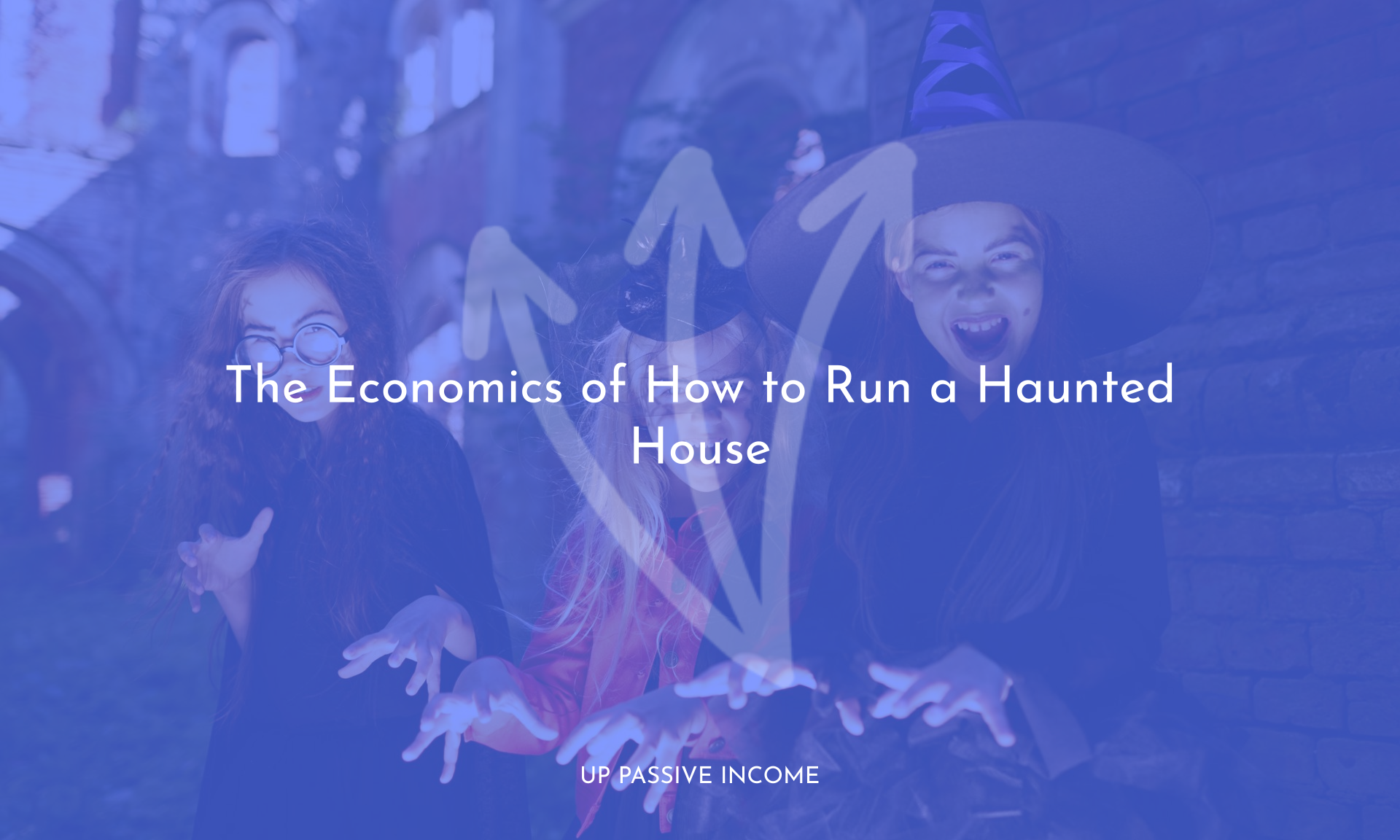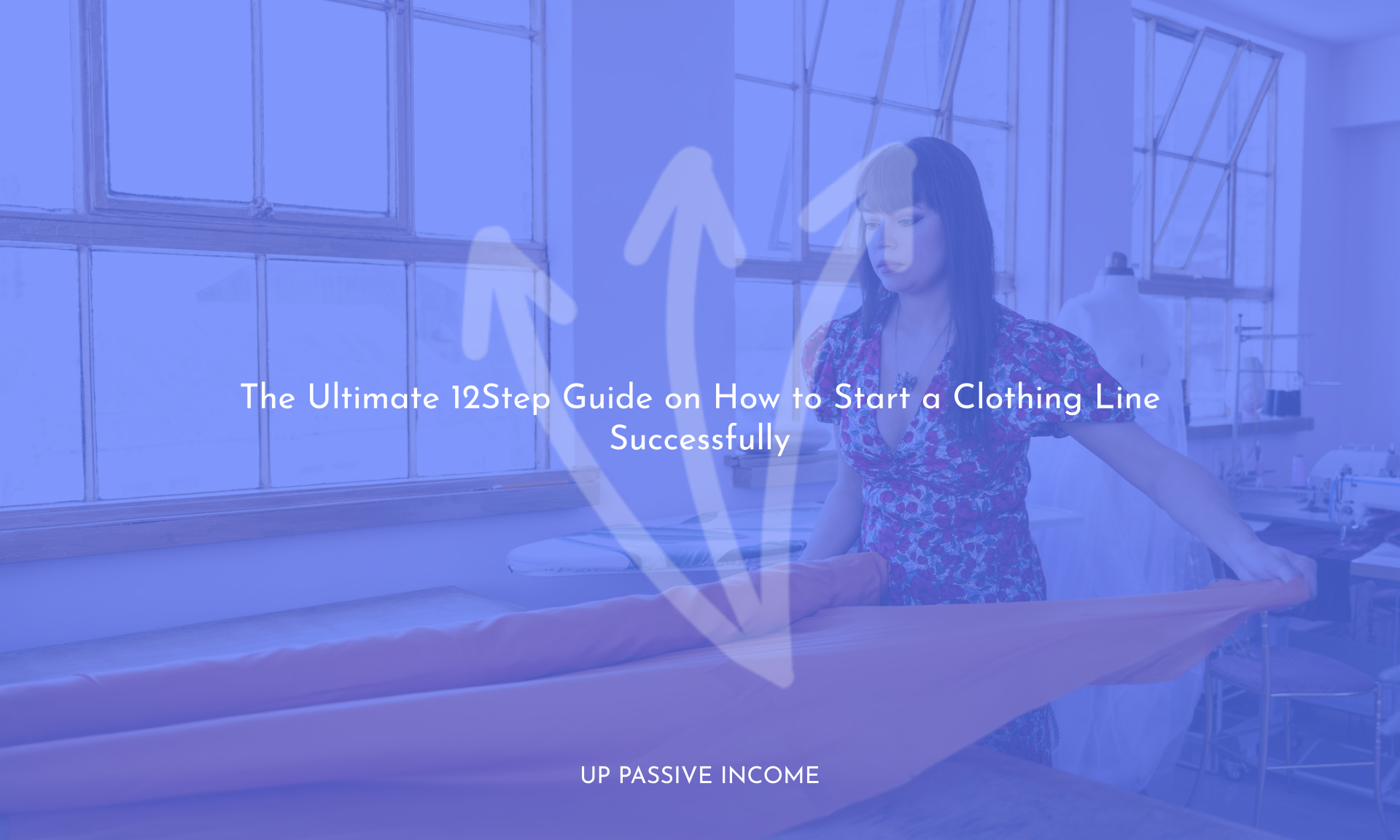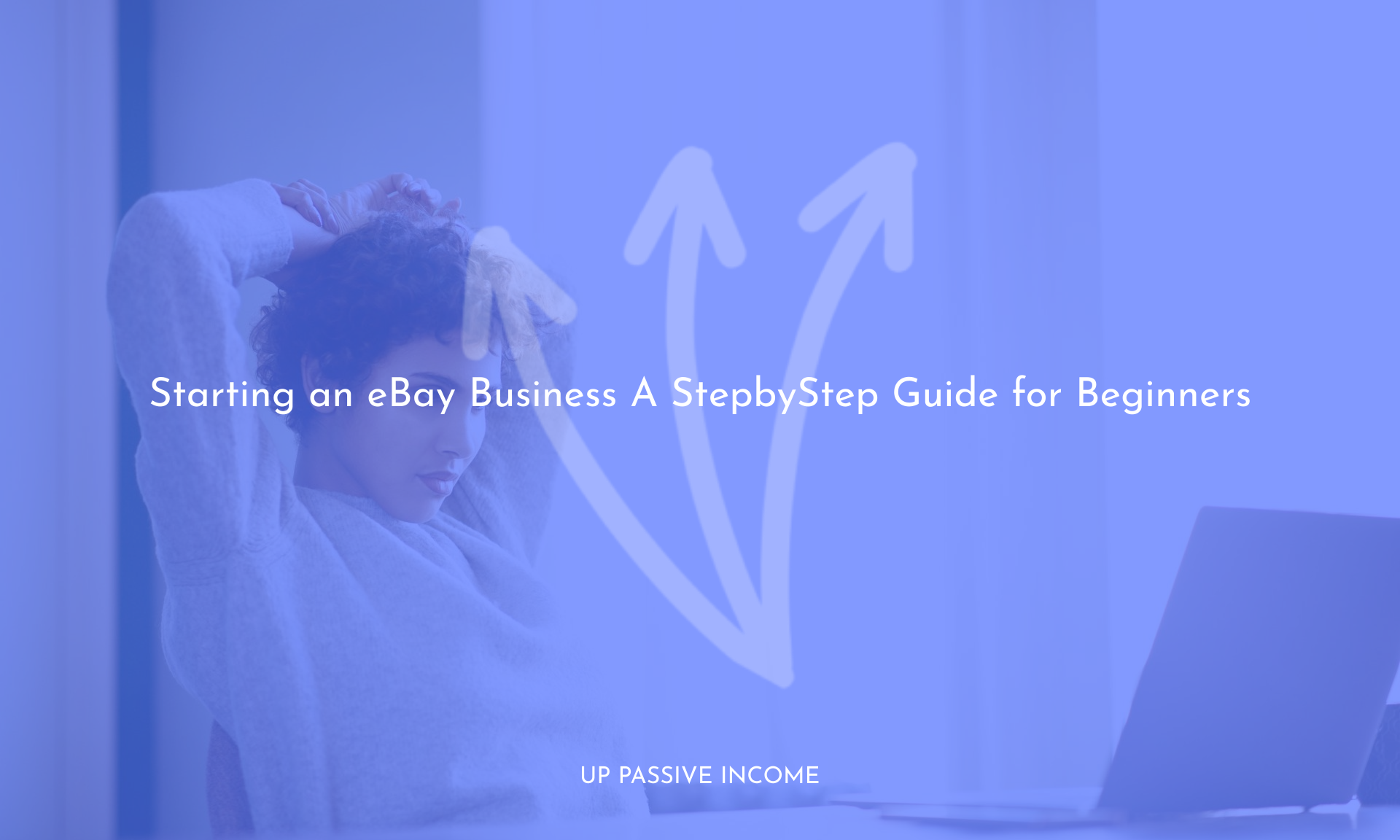A sole proprietorship gives you full control, but your personal and business assets are one and the same.
Discover the advantages and disadvantages of opting for a sole proprietorship as a business structure. While it offers a quick, easy, and affordable way to set up your business, there are important liability risks to consider. Read on to gain valuable insights and make an informed decision for your venture.
A sole proprietorship is the simplest business structure there is, and various types of enterprises use it, including those with employees. Its straightforward and cheap to start, but it also carries risks.
Table of Contents
What is a sole proprietorship?
A sole proprietorship is defined as an unincorporated business owned by one person who pays personal income taxes on profits.
In plain language, a sole proprietorship is not a separate entity from its owner. For better or worse, you are the business and the business is you.
Sole proprietorship: Pros
You might have already begun a sole proprietorship if youre in business, havent formed any other type of business entity and have no partners. Here’s why a sole proprietorship can be a good way to go.
Control
In a sole proprietorship, theres no one else to answer to, and all profits and assets of the business are yours.
Less paperwork
You still need to file some basic paperwork with your states secretary of state and the IRS. But setting up a sole proprietorship is simple enough in most cases that you can do it without a lawyer, though its a good idea to consult one anyway. And those worries and costs that otherwise-structured businesses fret over? Theyre not your problem. For example, anyone setting up a C-corporation, the most complex of business structures, should have a lawyer handle the fine details, which can vacuum up thousands of dollars before the business even brings in a dime.
» MORE: Best business bank accounts for sole proprietorships
Simplified taxes
Income and expenses are simply reported on your personal return, using the form Schedule C. And sole proprietors need to pay estimated taxes quarterly.
A sole proprietorship is a pass-through entity, which means business income flows directly to the owner and is only taxed on an individual basis, no differently than the rest of your income. Say your business operates at a loss in its first few years. Claiming the hit on your personal tax return can lessen your tax burden.
Youd generally want to put those losses on an individual return so you could offset them against other income, says Mark Luscombe, principal analyst at Wolters Kluwer Tax and Accounting in Riverwoods, Illinois.
Sole proprietorship: Cons
There are also reasons a sole proprietorship might not be right for you.
Personal liability risk
If your sole proprietorship owes another party money, you owe that other party money; theres no hiding behind the business. And because your business assets are one and the same as your personal assets, theres no firewall protecting personal property from creditors.
That means if you default on a business loan, lenders can come after your personal assets such as real estate, cars and some investments. A separate business checking account, while good for keeping business and personal transactions separate, isnt immune. (Some states offer homestead exemptions that protect a debtors primary residence from creditors, and some retirement accounts are protected in bankruptcy.)
If youre concerned about lawsuits, you should think twice about a sole proprietorship. If for some reason you cant meet a deadline for a customer, you could be sued and found liable for damages. If your employee causes a car crash while working and hurts someone, you may be liable for the injured partys medical expenses. In either case, theres no distinction between business and personal assets because they are all part of the same whole: you.
Your only protection for your personal assets is adequate insurance against accidents for your business and other liabilities, and paying your debts in full, business tax lawyer Barbara Weltman writes in J.K. Lasser’s Small Business Taxes 2017.
Tax audit risk
Like other pass-through entities, sole proprietorships tend to face tighter scrutiny at tax time. More than 2% of sole proprietor business returns with receipts totaling $25,000 or more were audited in 2015, according to the IRS. Thats compared with an audit rate of only 0.8% for all individual tax returns.
How to get started
A sole proprietorship may be right for you if you find that the independence, simplicity and low costs outweigh the risks. Here are some initial steps.
-
Consult a lawyer or accountant to address the pros and cons of a sole proprietorship for your business.
-
Get a business license. Contact your city or county clerk for more information on requirements, and the office of your secretary of state for other licensing rules.
-
Apply for a free employer identification number from the IRS. Many clients will require a tax number on invoices. An EIN is necessary if you plan to have employees.
-
File for a doing business as name, or DBA, with your state. When you have a DBA, clients can write checks to the name of your company instead of to you, and that makes you look more professional. Youll have to search records to make sure your desired name isnt being used by someone else, and you should also make sure you dont infringe on another companys trademark. (You can search for active trademarks at the United States Patent and Trademark Office.)
Learn how to start your business
NerdWallet has rounded up some of our best information on starting a business, including structuring and naming your company, creating a solid plan and much more. Well help you do your homework and get started on the right foot.
Thanks to Source
sole proprietorship



